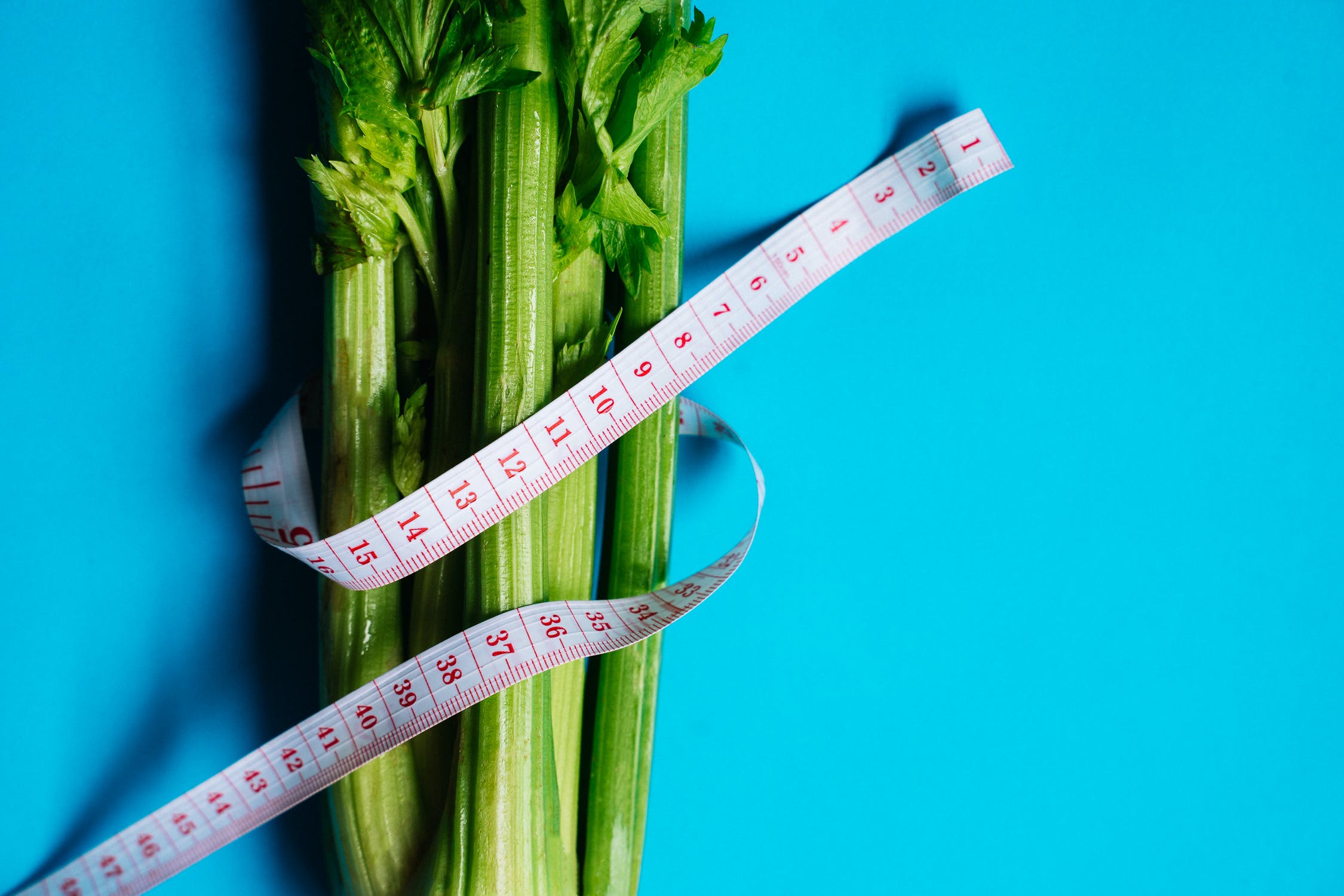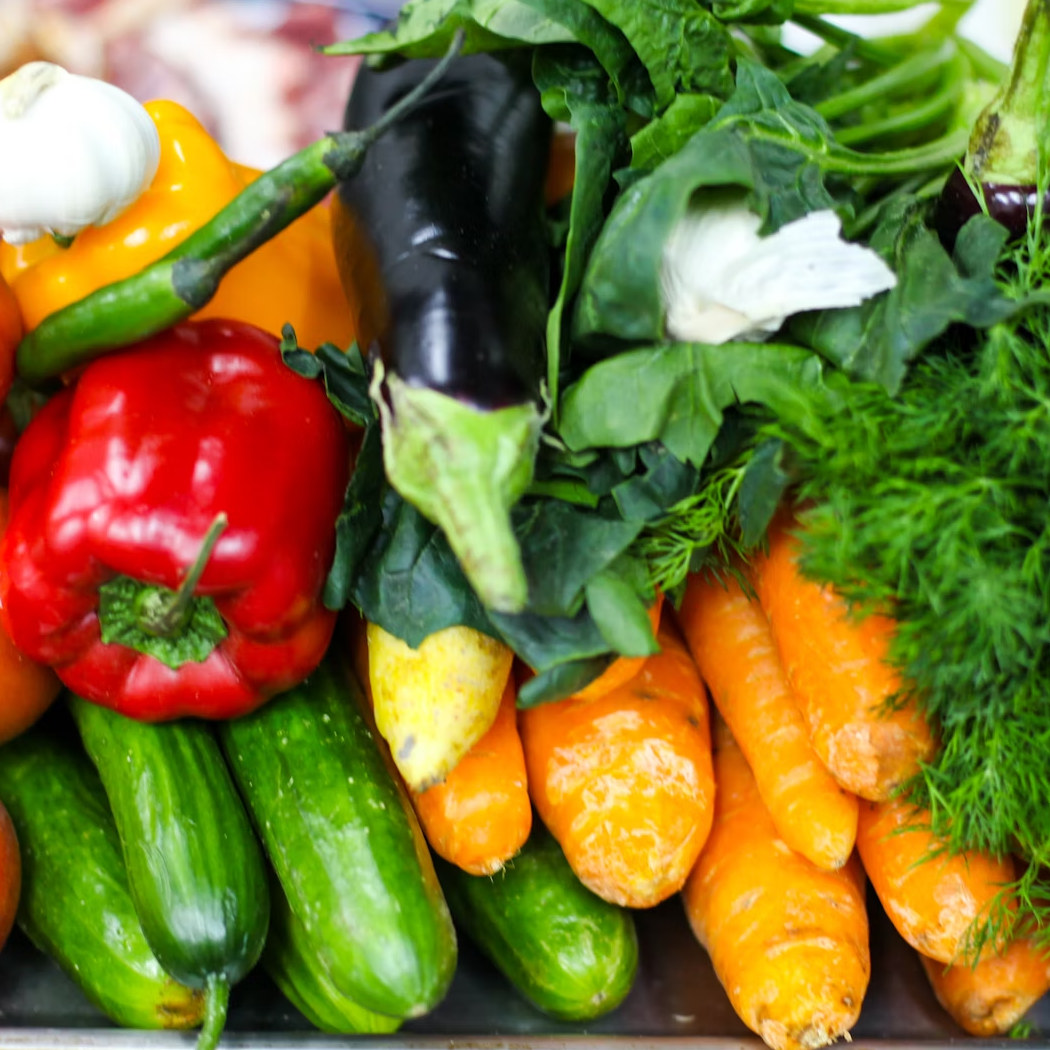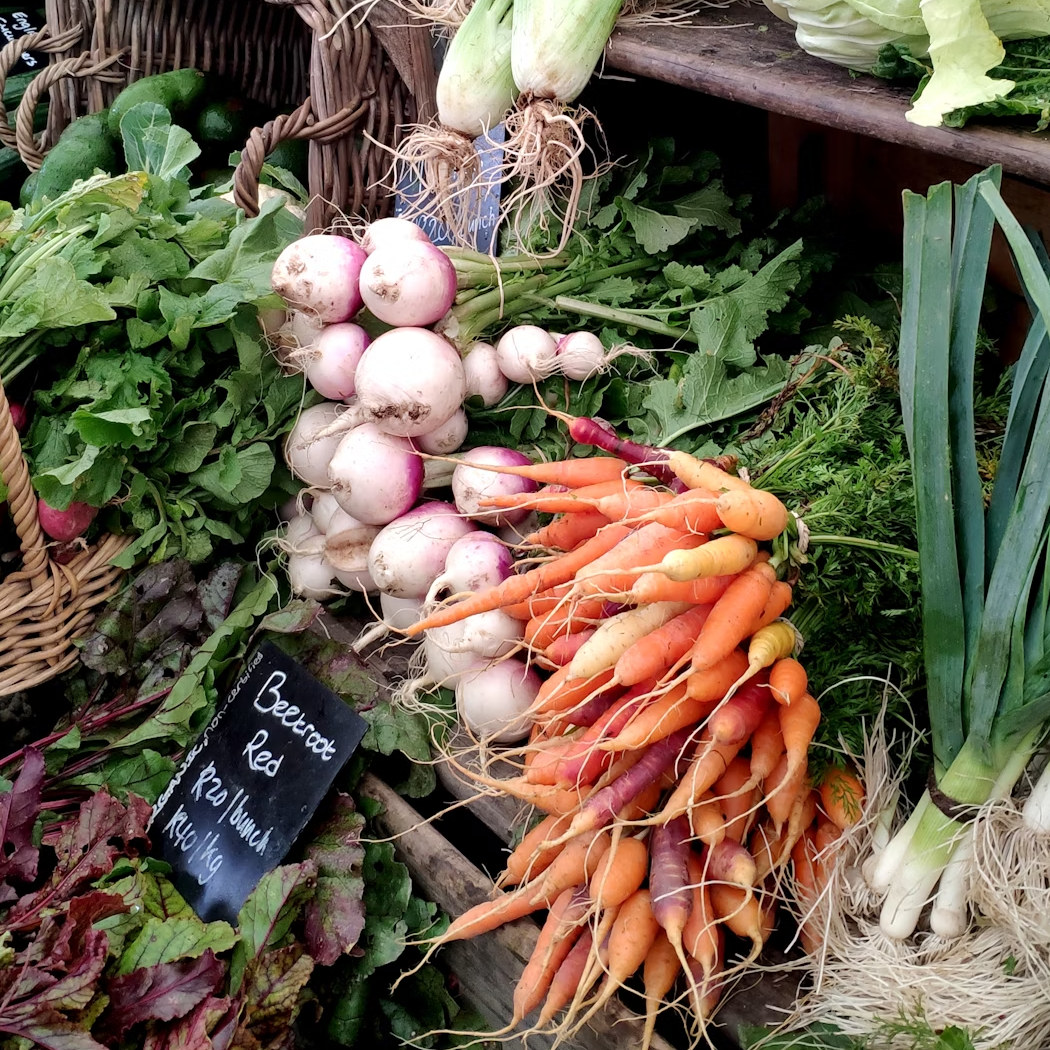Low calorie, Low carb, Keto, Vegetarian, Vegan, High Protein, Sugar Free, Flexitarian, Raw Food Diet, Intermittent Fasting, Volumetrics Diet, Bretharian, Mediterranean Diet, Paleo, 5:2 Diet, Alkaline Diet… the list goes on.
So what is the healthiest way to lose weight and improve your overall health and wellbeing?
Firstly, to not always believe what you see or hear out there in the overwhelming and saturated weightloss market.
From our experience as a collective at Garden of Vegan, we can conclude that diets are not a long term solution for your health and longevity.
It is estimated that 91% of women are unhappy with their bodies and resort to dieting to achieve their ideal body shape. Statistics from the United States show that only 5% of women naturally possess the body type often portrayed by the media.
Alarming statistics are also starting to present on male body image dissatisfaction, causing just as much concern for men today as it does for women.
No wonder the weight loss and diet control market was reported to be worth $72 Billion dollars in the United States in 2019.
One thing that we seem to be missing is the link between healthy weight management for long term health.
When it comes to our health as a collective, current statistics from the Australian Beaurea of Statistics show that over two thirds of the population, which is estimated to be 67% of adults are either overweight or obese. The terms overweight and obesity refers to excess body weight or body fat, which according to the Australian Institute of Health and Welfare is a risk factor for many diseases and chronic conditions, as well as being associated with higher rates of death.
“Excess weight, especially obesity, is a major risk factor for cardiovascular disease, type 2 diabetes, some musculoskeletal conditions and some cancers.” - AIHW 2020
If you are a serial dieter and have been struggling with yo-yo dieting and are not sure who or what to believe, you are not alone.
It is important however, to stop putting a label on dieting and to assume that one diet fits all.
Our daily actions and lifestyle choices may be impacting our health just as much as what we put on the end of our forks.
Lifestyle choices like;
Are you getting enough sleep and deep sleep at that?
Are you moving your body enough?
Do you have healthy relationships?
From the statistics, we can agree that everybody is different and our health requirements vary during different stages of life. Not only what we are eating but what lifestyle we choose to live each day may be impacting on our physical, social, mental and emotional states of health and wellbeing.
The good news is, the one thing we can control today is what we choose to put on our plates.
According to the World Heath Organisation, many people today are not eating enough fruits, vegetables and wholegrains. WHO recommends a diet encompassing high quality foods that are unrefined and minimally processed.
The AIHW states that less than 1 in 10 adults met the recommendations for daily vegetable consumption. AIHW also states that Inadequate fruit and vegetable consumption is directly linked to increased risks for CVD, type 2 diabetes, CKD and overweight and obesity.
“A plant-based diet is more likely to produce good health and to reduce sharply the risk of heart problems, cancer, diabetes, osteoporosis, gallstones, and kidney disease. -T. Colin Campbell
At Garden of Vegan we believe in lifelong change that can be sustained, not a quick fix or fad diet.
Yes, some fad diets may provide weight loss results in the short term, but it’s important to think about your body not only now but in the future.
Hear what our resident Certified Lifestyle Medicine Practitioner, Psychologist, Naturopath and Dietitian Robyn Chuter has to say about healthy weight loss and a plant based diet.
Stats on obesity
Australia is now the fifth fattest country in the developed world. Over two thirds of Australian adults are heavier than their healthy weight, with 31% being obese and 46% overweight. And our kids are too plump too: 25% of children and teens are either overweight or obese.
Our expanding national waistline isn’t just making us look bad in skinny jeans; it’s actually causing us to slip backwards in the international life expectancy league table. Back in 2003, Australian males had the fourth longest life expectancy in the world, and females the fifth longest. But by 2015, males had slid back to fifth place and females to seventh place - and the experts agree it’s mostly because we’re too fat, and we’re getting fatter faster than most of the other rich countries in the world, . If we don’t tackle the obesity crisis soon, researchers predict we’ll be in the tenth spot for overall life expectancy by 2040.
How to lose weight healthily, for life, with plants
A wholefood plant-based diet, with no added oil or sugar, and limited intake of high-fat plant foods (nuts, seeds and avocadoes) is the ideal eating plan for healthy and sustainable weight loss. A diet centred on vegetables, fruits, legumes (dried peas, beans and lentils) and whole grains is:





